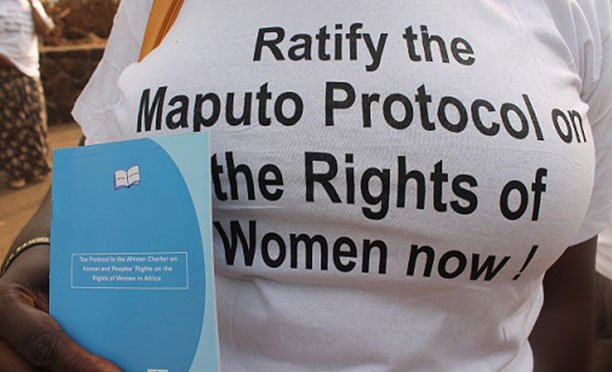Botswana urged to sign Maputo
Botswana is one of the five countries that have been advised to sign the Maputo Protocol. Botswana, Egypt and Morocco are the only three African countries that have not signed this Protocol. Adopted in 2003 and implemented in 2005, the Maputo Protocol is a ground-breaking protocol on women and girls’ human rights, both within Africa and beyond.
It compensates for the shortcomings in the 1981 African Charter with respect to women and girls rights. It includes 32 articles on women and girls’ rights, and also provides an explicit definition of discrimination against women, which was missing in the African Charter.
The Maputo Protocol defines discrimination as “any distinction, exclusion or restriction or any differential treatment based on sex and whose objectives or effects compromise or destroy the recognition, enjoyment or the exercise by women, regardless of their marital status, of human rights and fundamental freedoms in all spheres of life.”
The State of African Women Report 2018 stipulates that more still needs to be done to implement laws and commitments to the rights of women and girls in African societies. While there has been significant improvements in addressing issues affecting women and girls over the years, the report notes that commitment to girls and women’s right is still lagging behind.
The report highlights that:
“Three in five countries in Africa do not criminalise rape, young women aged 15-24 in sub-Saharan Africa are 2.5 times more likely to be infected by HIV in comparison to men in the same age group, more than half of maternal deaths worldwide occur in sub-Saharan Africa and that gender based violence and sexual assault still affects women more”.




